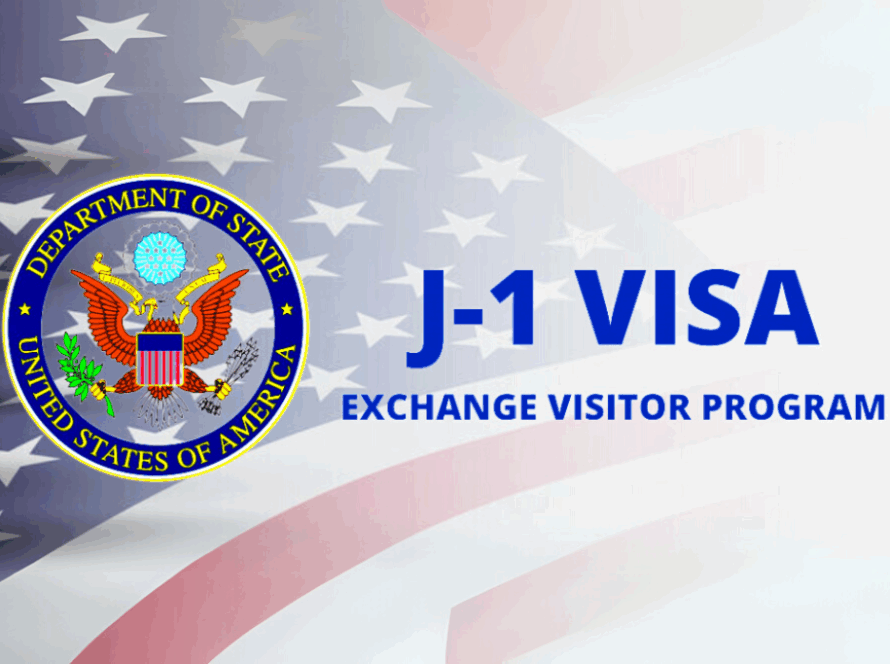Introduction
If you’re exploring a path to permanent residency in the United States through your job, you’re likely to come across three major types of employment-based green cards: EB-1, EB-2, and EB-3. These categories may sound like bureaucratic jargon, but each one has unique advantages, and knowing which is best suited for your background can be a game-changer in your immigration journey.
Whether you’re an award-winning researcher, a professional with a master’s degree, or a skilled tradesperson with years of experience, there’s likely a route made just for you. But choosing the right category is not always straightforward. It depends on your qualifications, your job offer, your nationality, and how fast you’re hoping to get your green card.
In this guide, we’ll break down the key differences between EB-1, EB-2, and EB-3, who they’re designed for, what the application process looks like, and how you can determine which one aligns with your goals. No legal jargon—just straightforward guidance to help you make a smart, informed decision.
Understanding the Categories
EB-1: Priority Workers
EB-1 is for individuals who stand out in their fields. If you’re at the top of your game professionally, this category could be a great fit. It’s often the fastest of the three, with fewer wait times and no need for labor certification.
EB-1 is divided into three subcategories:
- EB-1A (Extraordinary Ability):
For those who’ve demonstrated significant acclaim in fields like science, arts, education, business, or athletics. You don’t need a job offer or employer sponsorship—you can petition for yourself. - EB-1B (Outstanding Professors and Researchers):
Requires international recognition, at least three years of teaching or research experience, and a permanent job offer in the U.S. - EB-1C (Multinational Managers or Executives):
For those who have worked abroad in a managerial or executive role and are coming to the U.S. to take on a similar role in the same company or a subsidiary.
EB-2: Advanced Degree Holders and Exceptional Ability
The EB-2 category is designed for professionals with advanced degrees or individuals with exceptional ability in their field. While it typically requires a job offer and labor certification, there’s an exception called the National Interest Waiver (NIW) that lets you skip both under certain conditions.
There are two main EB-2 tracks:
- Advanced Degree:
Requires a master’s degree or higher (or a bachelor’s plus five years of progressive work experience). You’ll need a job offer and employer sponsorship. - Exceptional Ability:
You must demonstrate a level of expertise significantly above the norm in sciences, arts, or business. This includes evidence such as awards, high salaries, or original contributions to your field.
The National Interest Waiver is ideal if your work benefits the U.S. significantly and you want to self-petition without employer support.
EB-3: Skilled Workers, Professionals, and Other Workers
EB-3 is the broadest category, open to a wider range of professionals and workers. It typically has longer wait times, but it’s a solid choice if you don’t meet the requirements for EB-1 or EB-2.
EB-3 has three subcategories:
- Skilled Workers:
Requires at least two years of job experience or training. - Professionals:
Requires at least a U.S. bachelor’s degree or foreign equivalent. - Other Workers:
For unskilled labor that requires less than two years of training or experience. Common in caregiving, hospitality, and construction jobs.
All EB-3 categories require a permanent job offer and labor certification (PERM process).
Comparison Chart
Here’s a side-by-side breakdown to make things easier:
| Feature | EB-1 | EB-2 | EB-3 |
| Best For | Top professionals, executives | Degree-holders, experts | Skilled/unskilled workers |
| Degree Requirement | Not mandatory | Master’s or exceptional ability | Bachelor’s or relevant experience |
| Job Offer Needed? | Only for EB-1B and EB-1C | Yes (unless NIW applies) | Yes |
| Labor Cert (PERM)? | No | Yes (unless NIW) | Yes |
| Self Petition? | Only EB-1A | Only NIW | No |
| Processing Speed | Fastest | Moderate | Slowest |
What is PERM Labor Certification?
PERM (Program Electronic Review Management) is a required step for most EB-2 and EB-3 petitions. It proves that there are no qualified U.S. workers available for the position and that hiring a foreign worker won’t negatively affect U.S. wages or working conditions.
PERM can take several months and includes advertising the position, recruiting locally, and documenting the process thoroughly.
Visa Bulletin and Country of Origin Impact
Your country of origin plays a big role in how long you’ll wait. Some countries, like India and China, often face longer backlogs due to high demand.
- EB-1: Usually current or shortest wait times.
- EB-2: Moderate, but long waits for certain countries.
- EB-3: Generally the longest wait times, especially for high-demand countries.
Always check the monthly visa bulletin to see how your priority date is moving.
When Should You Consider National Interest Waiver (NIW)?
You might want to apply for an NIW if:
- Your work impacts national health, economy, education, or technology.
- You can demonstrate that your work benefits the U.S.
- You want to avoid employer dependency or the PERM process.
This is common among researchers, public health professionals, entrepreneurs, and environmental scientists.
How to Strengthen Your Petition
Regardless of your chosen category, here are tips to make your petition more compelling:
- Gather solid evidence of your accomplishments—awards, publications, media mentions, letters of recommendation.
- Work with a reputable immigration attorney—especially important for EB-1 and NIW cases.
- Stay organized—create a checklist and timeline.
- Build a strong narrative that shows how your work benefits your field and, in some cases, the U.S.
Questions People Often Ask Before Choosing a Category
Here are a few questions you should ask yourself (or discuss with an immigration attorney) when deciding between EB-1, EB-2, or EB-3:
- How strong is my career profile compared to others in my field?
If you stand out significantly, EB-1 might be realistic. If not, EB-2 or EB-3 may be a better fit. - Do I have a U.S. job offer from a reputable company?
This is necessary for most EB-2 and all EB-3 applications. If not, you might need to consider EB-1A or NIW. - Am I okay with waiting, or do I need permanent residency quickly?
Speed matters. If your home country has long wait times for EB-2/3, moving up to EB-1 can save years. - Is my work in the national interest?
If your work significantly benefits the U.S., EB-2 with a National Interest Waiver might let you bypass employer sponsorship. - Am I planning to stay in the same career long-term?
Your green card is tied to the job used in the petition. If you’re likely to change fields, consider self-petition options (EB-1A or NIW).
Mistakes to Avoid
- Choosing the wrong category: Being overconfident or too conservative can backfire.
- Poor documentation: Weak evidence can get your petition denied.
- Skipping legal advice: Especially dangerous for complex cases like EB-1 or NIW.
- Underestimating timelines: Processing times can change drastically—plan accordingly.
Final Thoughts
The U.S. employment-based green card system is complex, but with the right planning, it can be a gateway to new opportunities and stability. Whether you’re a seasoned executive, an innovative researcher, or a skilled technician, there’s a path for you.
Your best first step? Honestly assess your background, consider your career goals, and decide how quickly you want to become a permanent resident. From there, you can align with the right EB category and put together a strong, compelling case for your green card.
FAQs:
1. Can I apply for multiple green card categories at once?
Yes, it’s possible to file under different categories to improve your chances.
2. Is it easier to get EB-2 or EB-3?
EB-3 is easier in terms of eligibility, but may take longer due to demand.
3. What is the biggest advantage of EB-1A?
No job offer or employer sponsorship is needed—you can self-petition.
4. Who qualifies for a National Interest Waiver (NIW)?
People whose work benefits the U.S. significantly in areas like science, health, or technology.5. Can my spouse and kids come with me?
Yes. Spouses and unmarried children under 21 can receive green cards as dependents.


